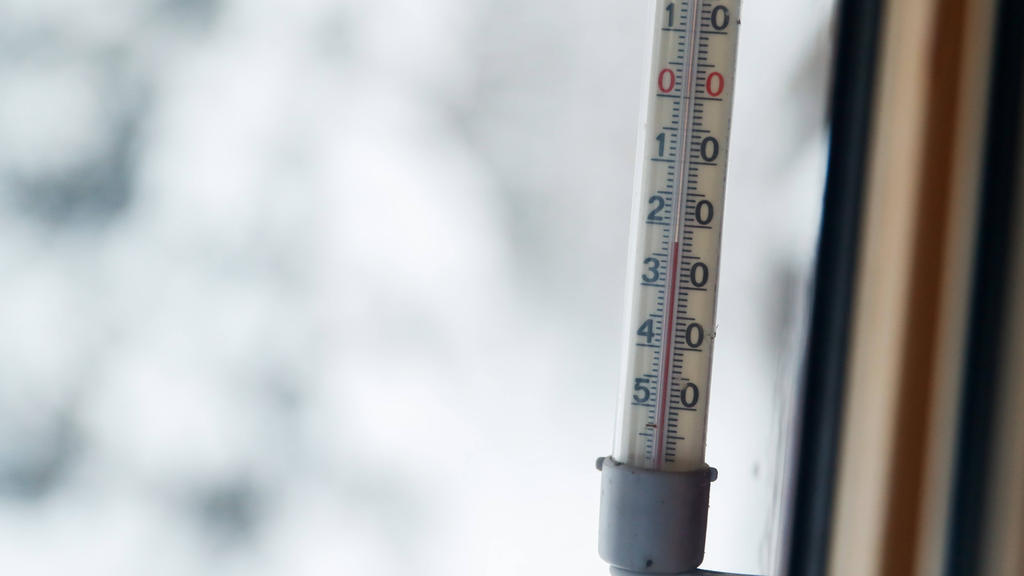US coach defends venue

United States coach Gregg Berhalter defended the decision to stage Wednesday's World Cup qualifier against Honduras in freezing Minnesota after two members of the visiting team were substituted due to sub-zero temperatures.
The CONCACAF qualifier in St. Paul, which ended in a 3-0 win for the USA, kicked off with the temperature at around 3 degrees Fahrenheit (-16 Celsius).
Players from both teams took to the field with multiple layers of clothing, with some opting for balaclavas in addition to gloves and thermal jerseys.
Jamaican referee Oshane Nation also wore a balaclava and gloves throughout.
The Honduras national team's Twitter account later revealed that two players were substituted at half-time "due to the extreme weather conditions prevailing in the stadium."
The affected players were not identified. Honduras made three substitutions at half-time, taking off goalkeeper Luis Lopez and midfielders Diego Rodriguez and Romell Quioto.
Concerns about the brutal conditions and possible threat to player welfare had been raised in the build-up to the game, with some suggesting the US should have opted for a warmer venue.
However, Berhalter pushed back at criticism of the venue in a post-match press conference.
Asked whether he felt the situation with the Honduras players ought to lead to a reassessment of the choice of venue, Berhalter replied: "That's a really difficult question to answer.
"What I would say is that we provided Honduras and their staff and the referees with warm weather gear, we provided them with headgear, and trying to make it a safe environment for them to play.
"When we go down to those countries and it's 90 degrees and it's unbearable humidity and guys are getting dehydrated and cramping up and getting heat exhaustion. That's the nature of our competition.
"When we scheduled this game and this location, you know, you have to go by average temperatures."
Berhalter said St. Paul had been chosen partly due to its proximity to Hamilton, Ontario, where the US faced Canada on Sunday in frigid conditions.
"We want to minimize travel. We knew we're going to be playing cold weather in two of the games," he said.
"We figured to do it in the third game as well instead of switching climates.
"The cold spell came through and it's something we can't control but all we can do once that happens is trying to mitigate the risk by having warm weather gear and going out there and competing. And we did that."





